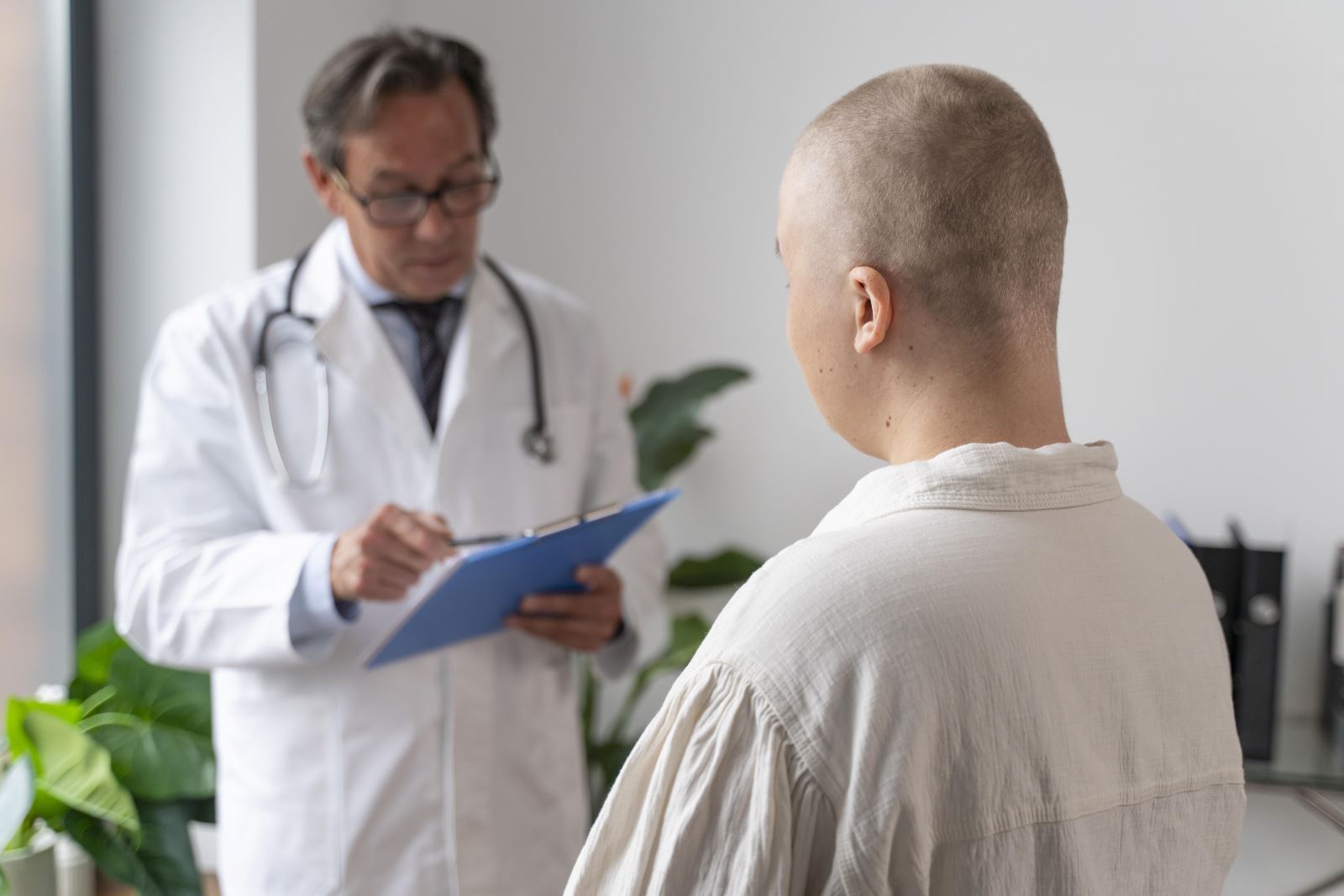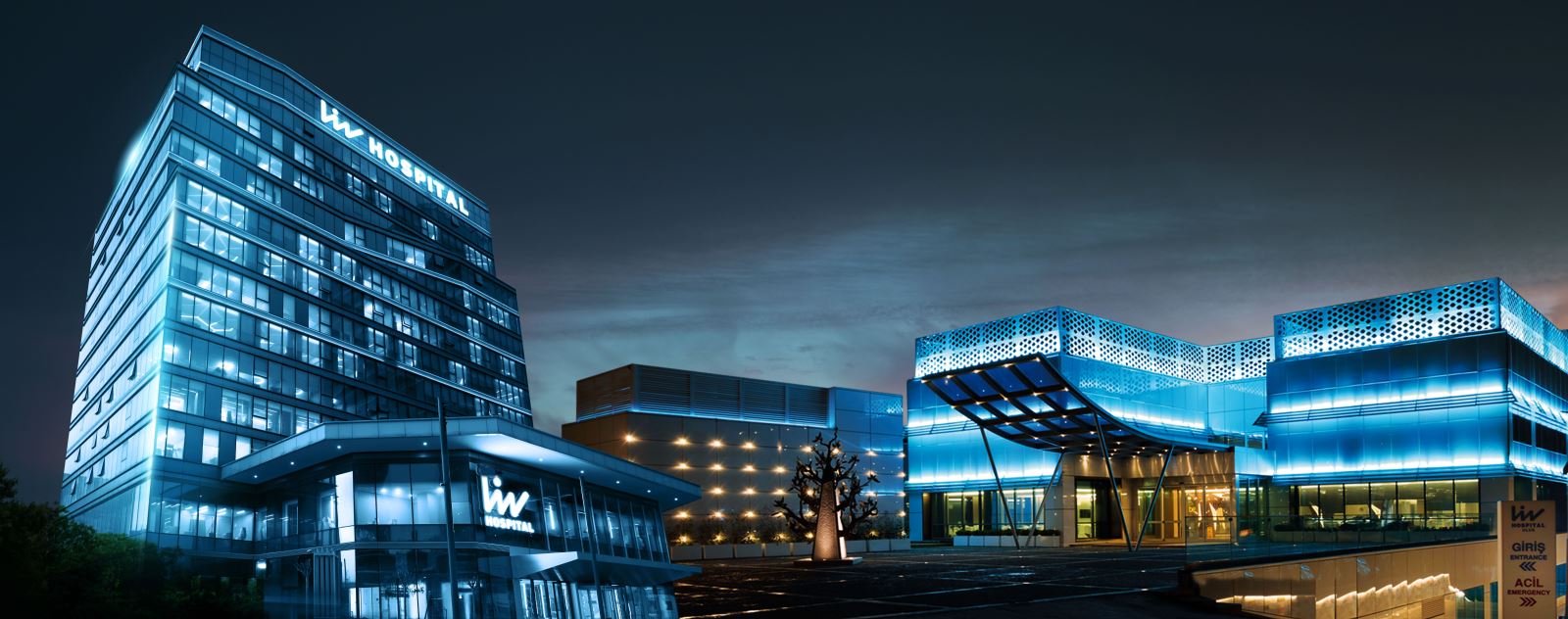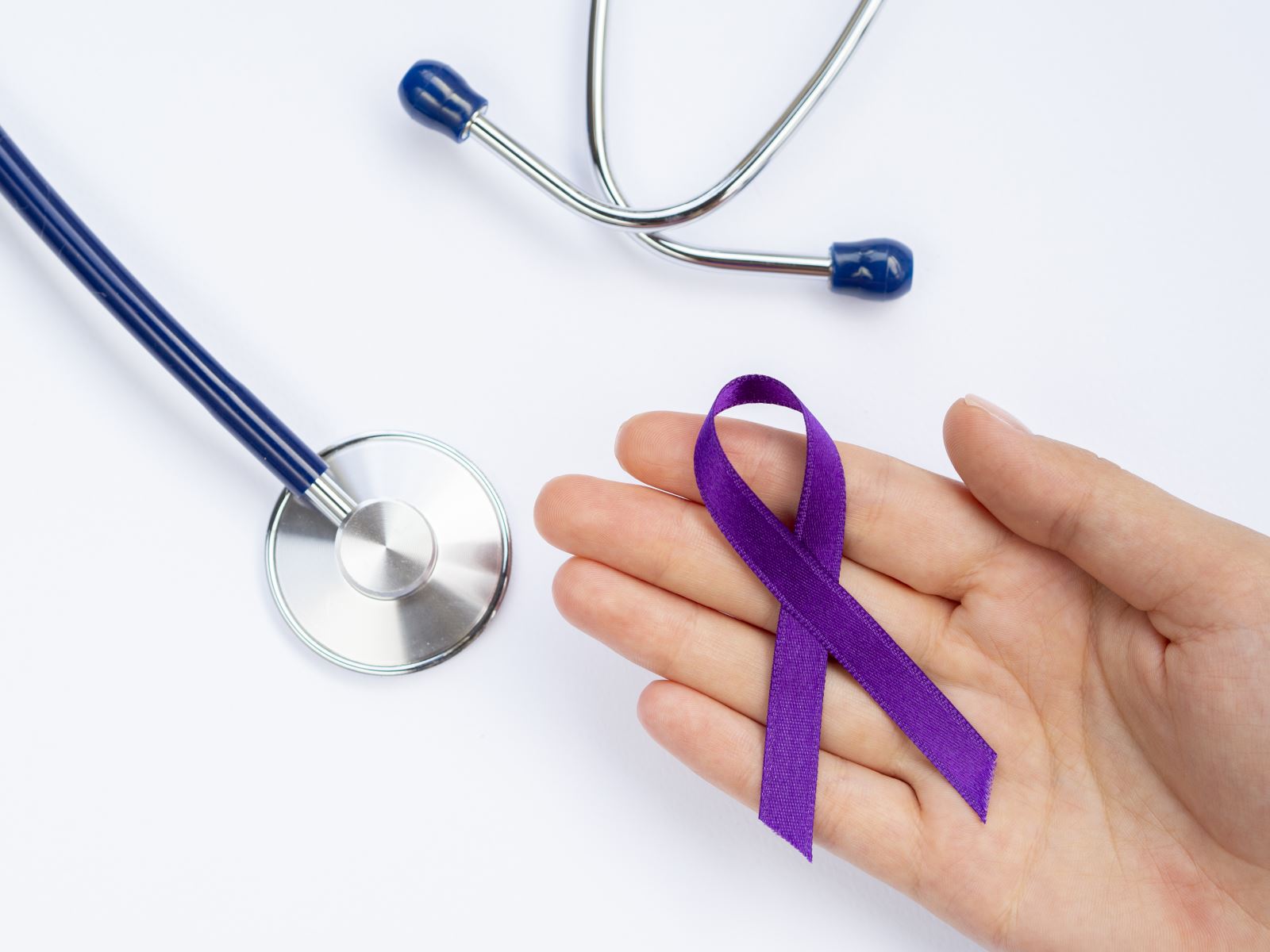Cancer is a global health problem that is widespread all over the world and threatens public health. Today, important developments are performed in the diagnosis and treatment of cancer every day. The branch of science that deals with the diagnosis, treatment, and follow-up of cancer disease is called oncology. There are different sub-branches of the department of oncology such as surgical oncology, radiation oncology, medical oncology. Medical oncology, which is one of the sub-branches of oncology is a branch of science that deals with the drug treatment of cancer. But medical oncologists are interested not only in the treatment of cancer, but also in early diagnosis and prevention methods. You can find in our article the things you are interested in about medical oncology, such as diseases that are areas of interest of medical oncology, and treatment methods used in medical oncology.
What Diseases Does Medical Oncology Treat?
Cancer is a health problem that occurs as a result of the uncontrolled proliferation of cells anywhere in the body. Symptoms and treatment methods vary depending on the type of cancer. Oncologists specializing in the field of medical oncology in Turkey prepare a treatment plan suitable for the types of cancer and the patient’s needs. The main diseases in the field of medical oncology are as follows:
- Hematological cancers such as lymphoma, leukemia, multiple myeloma,
- Breast cancer,
- Brain cancer,
- Types of cancer such as lung, stomach, colon cancer
Many more types of cancer such as these are in the area of interest of medical oncology. Medical oncologists are usually the first specialists that patients with suspected cancer or diagnosed with cancer turn to. But if necessary, medical oncology specialists also cooperate with other sub-branches of oncology with a multidisciplinary approach to the treatment of cancer. Medical oncology specialists in Turkey are closely interested in the post-treatment process as well as in chemotherapy.
What Areas Does Medical Oncology Cover?
When it comes to medical oncology, the first thing that comes to mind is treatment methods such as chemotherapy, radiation therapy and immunotherapy. However, there are also services such as pain treatment, symptomatic treatment, nutrition and dietary support, psychological treatment and support within the specialty of medical oncology. Turkey, which is one of the countries that closely follow the innovations and developing technologies in the field of healthcare, conducts effective studies together with its experienced doctors in the field of medical oncology. Some of the treatment approaches within the scope of medical oncology are detailed below.

Chemotherapy
Chemotherapy is one of the main methods used to treat cancer disease. Chemotherapy also means the treatment of cancer with medication. During treatment, the patient is given various drugs aimed at destroying cancerous cells or stopping their growth. A medical oncology specialist decides which of these drugs to use during chemotherapy treatment by looking at the type and stage of cancer. Chemotherapy can be used for different purposes in the treatment of cancer. It can be used as a priority treatment method in the treatment of cancer, and in some cases, it can also be used to minimize the possibility of remaining cancerous cells after surgical treatment of cancer. In addition, in cases where surgical treatment of cancer is planned, it may also be necessary to shrink the tumor before surgery. Some side effects may occur in patients after chemotherapy treatment. Common side effects associated with chemotherapy drugs can be listed as follows:
- Nausea and/or vomiting.
- Hair loss,
- Irregularity in bowel movements,
- Fever,
- Sores in the mouth area,
- Easy bruising and bleeding on the body
The side effects observed after chemotherapy vary depending on the patient’s general health condition and the chemotherapy drug. Before treatment, patients are informed by a medical oncology specialist about the side effects of treatment, and if necessary, some medications may be recommended to help alleviate these side effects.
Immunotherapy
Under normal conditions, a healthy immune system protects the body from external and internal threats. Immunotherapy treatment aims to strengthen the immune system and support it to fight cancer cells. With immunotherapy treatment, the immune system can recognize cancerous cells and work harder to destroy them. In addition, immunotherapy may also help the immune system produce cancer-fighting antibodies.
Immunotherapy treatment stimulates the immune system to fight cancer. As a result, in some patients, the immune system can attack healthy cells as well as cancer cells. Due to this, some side effects may occur. The main side effects encountered after immunotherapy are as follows:
- Feeling of fatigue and exhaustion
- Itching
- Diarrhea
- Nausea and/or vomiting.
A medical oncology specialist provides detailed information to patients about the possible side effects of immunotherapy and ways to prevent them before, during and after treatment.

Pain Treatment (Algology)
Pain is a problem that is often encountered in cancer patients and significantly affects the quality of life of patients. The branch of medical oncology is not only interested in the diagnosis and treatment of cancer, but also in improving the quality of life of patients. In this context, medical oncologists are usually physicians who also have expertise in the field of pain treatment, that is, algology. Research shows that successful pain treatment increases the patient’s quality of life and survival time.
Symptomatic Treatment
Symptomatic treatment aims to relieve symptoms such as loss of appetite, insomnia, nausea, weight loss, fatigue, and infection experienced by cancer patients and improve the patient’s quality of life.
Nutrition & Diet
A healthy diet and active lifestyle can help prevent cancer and stop its progression. Loss of appetite and weight loss are the main symptoms seen in cancer patients. In addition, one of the side effects of cancer treatments is loss of appetite. It is important to keep the immune system strong during the cancer treatment process. A healthy diet helps to strengthen the immune system. In other words, one of the most important stages of cancer treatment is to inform patients about healthy and balanced nutrition.
Psychological Treatment and Support
Both cancer itself and the treatment process can cause both physiological and psychological problems to occur in patients. Patients diagnosed with cancer may have difficulty accepting the disease at the initial stage. After that, they may worry about what kind of process awaits them and may often face the fear of death. For this reason, psychological treatment and support are important for cancer patients. Research shows that psychological support increases the quality of life and survival time of patients. For this reason, medical oncology specialists also provide psychological treatment and support to patients after cancer diagnosis in cooperation with other branches.

Frequently Asked Questions About Medical Oncology
Today, with the increase in the number of cancer cases, the oncology department has become more well-known. However, its sub-branches may still not be clearly distinguished by patients. Frequently asked questions and answers about the medical oncology unit are discussed below.
Why go to medical oncology?
Medical oncology specialists are interested not only in the treatment of cancer, but also in the diagnosis and management of possible complications during the treatment process. At the same time, those who have a family history of cancer or suspected cancer are informed by medical oncology specialists to prevent cancer.
Why go to medical oncology?
The first doctors that cancer patients or those with suspected cancer turn to are usually medical oncologists. Medical oncology specialists provide the necessary information about the diagnosis and treatment of cancer, as well as ways to prevent cancer. Medical oncology is one of the important sub-disciplines of cancer diagnosis and treatment.
The Best Medical Oncology Doctors in Turkey
Cancer diagnosis and treatment at Liv Hospital is carried out by medical oncology specialist staff. Early diagnosis and treatment are very important in cancer disease. In some cases, cancer can be detected thanks to routine checkups, although there are no symptoms. If you also have complaints such as sudden weight loss, weakness, pain for no reason, palpable mass, or if your family has a history of cancer, do not neglect to make an appointment with a doctor specialized in the field and have your checks. You can call us to get detailed information about medical oncology, you can get to know the advantages of medical oncology in Turkey. From your initial phone conversation through the end of your treatment, the Liv Hospital International Health Services Team will be by your side.



